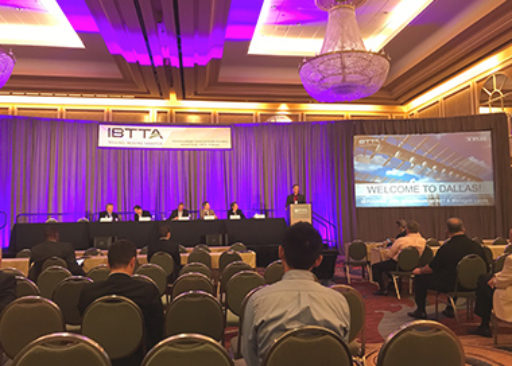The CAMS team in Monterrey has donated IT equipment to the Belisario Domínguez de Santo Tomás primary school in Zempoala, Hidalgo, which needed the equipment in order to be able to give computer classes to its students.
CAMS Supports the most needed regions in Mexico
After the multiple earthquakes that hit Mexico in September, the employees of the Saltillo – Monterrey Highway (CAMS) joined together in a corporate responsibility initiative to collect food and supplies to help the inhabitants of the states of Oaxaca and Chiapas, the most affected by these natural disasters. Together, they collected 100 kilos of supplies: soups, tins of beans and tuna, toilet paper, cleaning supplies, bottles of water, baby food and personal hygiene items. The CESC (Centro Educativo Santa Catarina) and the Monterrey Boy Scouts association were responsible for distributing these products in the affected areas.
Latinfinance – 10th Infrastructure & Sub-Sovereign Finance in Mexico Summit
On October 5th, ROADIS attended the Latinfinance Summit, an event that brings together both Mexican state and municipal government officials with investors, financiers, project sponsors, concessionaries and operators. The main topics that were discussed during the summit were: innovative financing solutions, energy infrastructure, transportation infrastructure, urban development and social infrastructure.
Victor Michelet, IT director of ROADIS in Mexico, participated in the IBTTA/TRB Joint Symposium on Managed Lanes & AET
The event took place on July of 2017 in Dallas, Texas. The symposium explored the latest research, policies and innovative practices found on toll roads and managed lanes to stimulate continued project development, adoption of the latest technologies and operational practice.
Carlos Redondo participated in the GRI Club Infra Club Meeting in Mexico City on January 29
During the GRI Club Infra Club meeting a debate was held in which executives such as our Mexico Country Manager, Carlos Redondo Rincón, participated. The matters discussed included the need for equal distribution of risks among the public and private sectors as well as more rigorous selection of projects. These improvements aim to increase attractiveness and prevent or reduce to a minimum disruptions caused to infrastructure projects by political changes.






